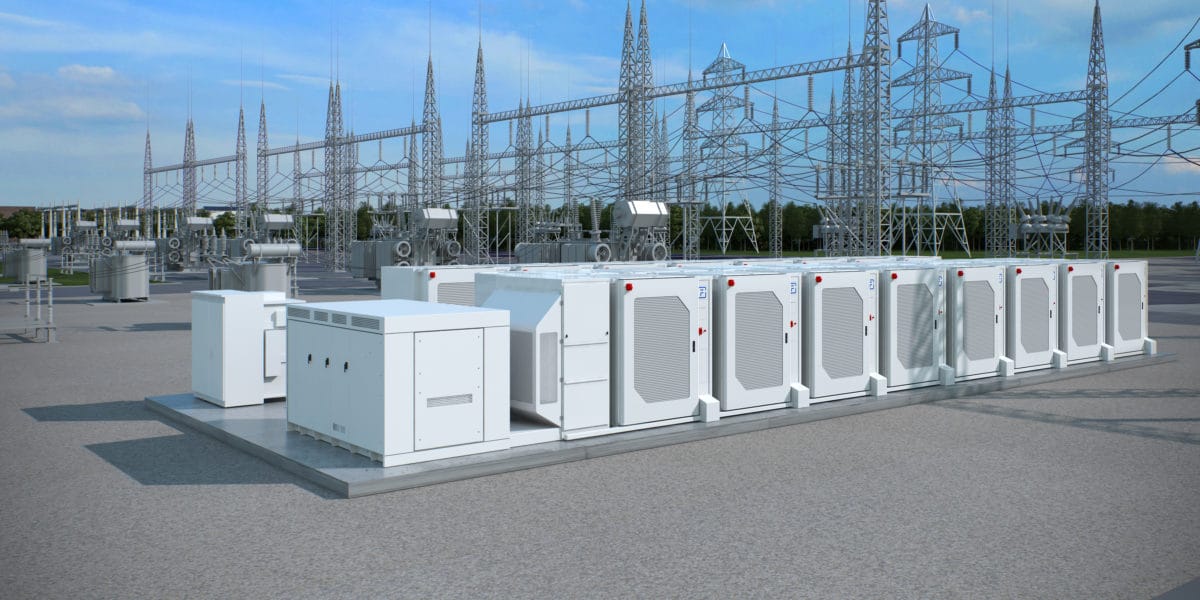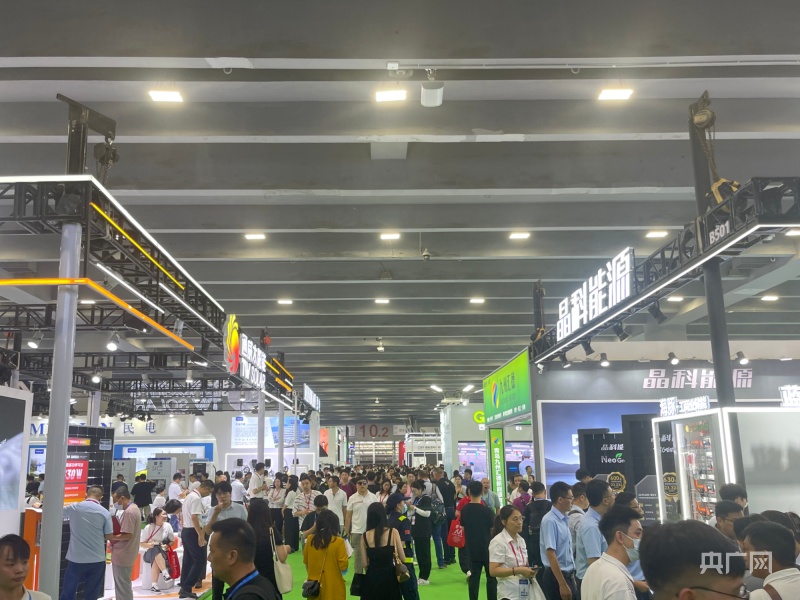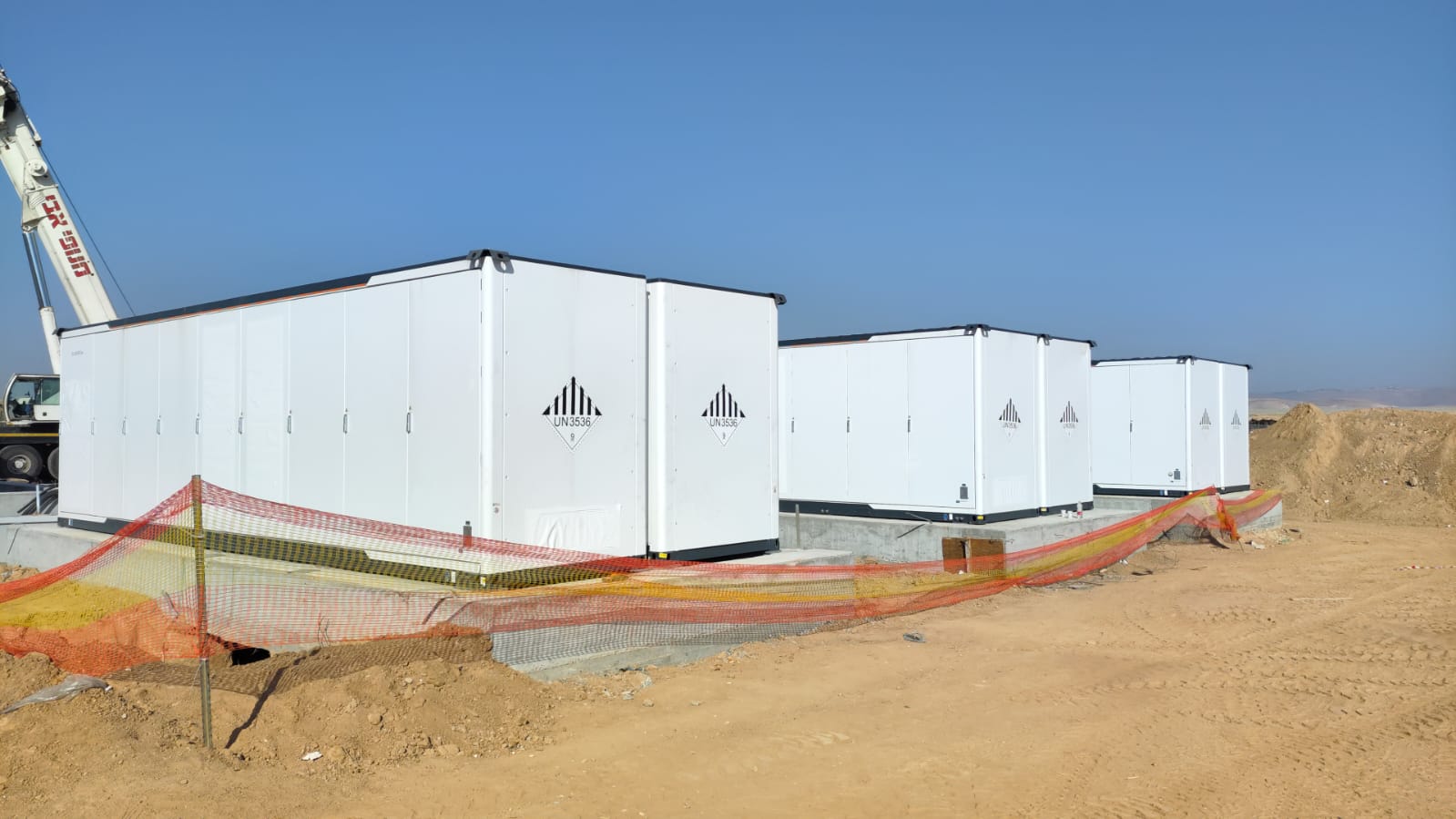

Greece readies for next battery storage growth phase
Last year, Greece generated 57% of its electricity demand via renewable energies. This year the country is expected to score an even higher percentage of renewable electricity, although this success is accompanied by the thorny issue of curtailing surplus green electricity at times when the electricity system cannot accommodate it. Therefore, rather belatedly, Greece has turned its attention to energy storage.
So far, the country is running a 1 GW program targeting standalone, front of the meter batteries. Greece has already run two tenders awarding about 700 MW of battery storage projects. A call for the program’s third tender, targeting specifically battery systems in former coal mining regions, is imminent. Awarded projects, under the 1 GW program, receive public subsidy support in the form of capital expenditure and operational expenditure subsidies.
Greece’s minister of the environment and energy Theodoros Skylakakis told a local energy conference in Athens earlier in July that the country is blessed with exceptional renewable energy resources and in order to reap the benefits of it, it should speed up energy storage development.
In line with this, Skylakakis said that the ministry is working towards a plan that opens the battery storage market in two ways. Firstly, allowing the colocation of behind the meter batteries along existing photovoltaic plants. And secondly, allowing new standalone, in front of the meter batteries without public subsidy support.
Both policies might prove important milestones in the country’s energy transition plan. However, there are plenty of crucial details that need to be specified for the new policies to prove meaningful.
For example, it is still unclear where the new standalone, in front of the meter batteries will be installed. There are plenty of licenses for such systems in Greece. The question is whether this decision will be made by market players or if the state is going to indicate how much batteries are needed and where.
Similar questions are raised regarding the co-location of batteries with operational pv plants. Greece has installed about 7 GW of photovoltaic capacity under various remuneration systems (e.g. feed-in tariffs, premium tariffs etc). It makes economic sense for the government to allow the solar farms with the lowest tariffs to install batteries behind the meter.
Therefore, some would argue that only solar farms that are remunerated with premium tariffs set via competitive tenders should be allowed to install batteries. Others though argue that only solar farms that participate directly in the energy markets, without any public subsidy support, should be given the right to install batteries behind the meter.
The energy ministry’s new plan for both behind the meter and in front of the meter batteries is expected to be published before the end of the year.
Sepatately, a new law (Law 5106/2024) voted by the Greek parliament at the end of April allows the government to hold auctions for renewable energy plants that are willing to accept higher power curtailment rates than usual and plants that include energy storage systems. The new policy went into effect from May 1, but the government hasn’t announced such tenders yet.








